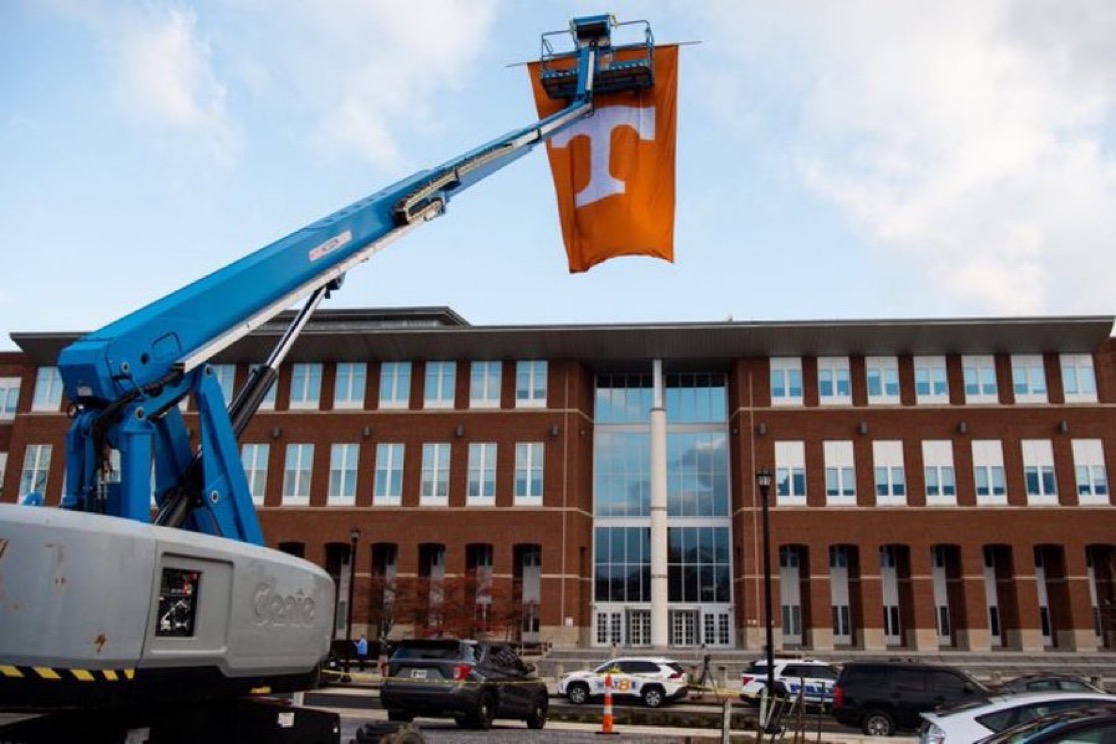a landmark development, the NCAA has reached a settlement with the attorneys general of Tennessee, Virginia, and other states concerning its rules on name, image, and likeness (NIL) compensation for student-athletes. This agreement signifies a pivotal shift in the NCAA’s stance on NIL payments, effectively limiting its authority over such compensations.
Background of the Lawsuit
The lawsuit, initiated by the attorneys general, challenged the NCAA’s restrictions on student-athletes’ ability to profit from their own name, image, and likeness. The plaintiffs argued that these limitations were unfair and impeded athletes’ rights to earn compensation, especially as the landscape of collegiate athletics has evolved to recognize the value and marketability of student-athletes.
Details of the Settlement
According to court filings, the settlement includes a request for a permanent injunction that would prevent the NCAA from enforcing its previous NIL restrictions. This means that student-athletes will have the freedom to engage in endorsement deals, sponsorships, and other financial opportunities without fear of violating NCAA rules.
Implications for the NCAA and Student-Athletes
This settlement marks a significant reduction in the NCAA’s regulatory power over NIL activities. By agreeing to the terms, the NCAA acknowledges the shifting dynamics in collegiate sports, where the rights of athletes to monetize their personal brands are increasingly recognized.
For student-athletes, this development opens avenues to capitalize on their talents and public profiles. They can now pursue endorsement deals, sponsorships, and other financial opportunities without the constraints previously imposed by the NCAA.
Broader Context and Future Considerations
The settlement aligns with a broader trend toward empowering student-athletes financially. However, it also raises questions about maintaining competitive balance, ensuring compliance with Title IX regulations, and preserving the amateur nature of collegiate sports.
Notably, the Ivy League has chosen not to participate in a separate antitrust settlement that would allow schools to pay athletes directly, citing a commitment to academics and amateurism.
Additionally, a recent memo from the Department of Education’s Office for Civil Rights indicates that direct payments to athletes by colleges could potentially violate Title IX, which mandates gender equity in educational programs and activities, including athletics.
Conclusion
The NCAA’s settlement with Tennessee, Virginia, and other states represents a transformative moment in collegiate athletics, significantly diminishing the NCAA’s control over NIL compensations. As the landscape continues to evolve, stakeholders must navigate the complexities of athlete compensation, regulatory compliance, and the preservation of collegiate sports’ core values.
